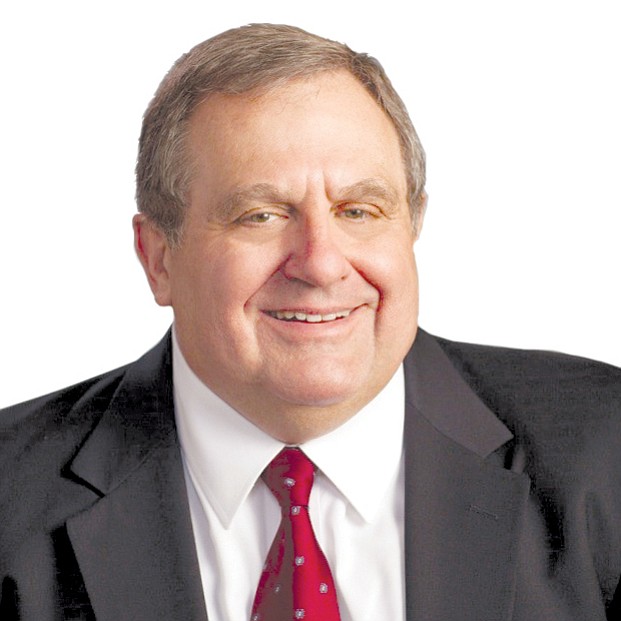Will you celebrate Tax Freedom Day this year? Until Friday, every penny you’ve earned in 2015 goes to pay your taxes. While this year, national Tax Freedom Day is 114 days into the year, for us in Washington, it won’t arrive until April 29.
In 2015, Americans will pay $3.28 trillion in federal taxes and $1.57 trillion in state and local taxes, for a total tax bill of $4.85 trillion.
That is a whopping amount, virtually impossible for you and me to grasp. But think of it this way: If you earned $40,000 a year, it would take you 125 million years to earn $4.85 trillion.
Our state will be the 41st in the nation to reach its Tax Freedom Day this year. That puts us among the nation’s top 10 highest-taxed states, along with New York, Connecticut, New Jersey, Illinois, Minnesota and California.
It could even get worse because Gov. Jay Inslee and lawmakers are wrangling over the new two-year budget, and despite the fact our state’s tax collections are expected to grow by 8.7 percent over the next two years, Inslee wants $1.4 billion in new taxes on capital gains and carbon emissions.
As the Association of Washington Business points out, taxes matter when it comes to how attractive our state is to prospective employers, whether they are large, medium or small businesses.
Stung by the flight of businesses from its high-tax state, New York is running a nationwide ad campaign promising no taxes for ten years if employers relocate there. In short, taxes and the price of permitting and regulations can make the difference between whether employers set up shop here or in Arizona, Utah, Texas, Florida — or New York.
Businesses in Washington carry a big tax burden.
According to AWB’s 2015 Competitiveness Redbook, even though our state doesn’t have an income tax, businesses pay 54 percent of the taxes collected, the ninth-highest level in the nation.
WalletHub, a financial services website, says Washington ranks dead last — 51st out of the 50 states plus Washington, D.C. — in the burden of sales and excise taxes. Washington residents pay an average of $4,291 per year in sales and excise taxes. In Oregon, the best state, residents pay just $489.
High taxes have an impact on employment as well. While the Seattle economy is “white hot” as The Seattle Times editorializes, that prosperity is not shared throughout our state. According to the most recent figures, 95 percent of Washington counties have unemployment rates above the national average — 30 percent of them suffer double-digit unemployment.
The bottom line is our state Legislature should not pile on taxes and business costs because the higher the cost to produce a product or provide a service, the less likely employers will locate in Washington.
There is no question that providing funds for emergency services, education and other necessary services of government takes money — lots of it. The state budget is always a balancing act, but lawmakers and Inslee need to be mindful of two things.
First, despite how well the Puget Sound area is doing, job creation is anemic elsewhere in the state. The unemployment rate in Washington remains above the national average. Politicians must be mindful of the impact that high taxes and other business costs have in the majority of our state that is still suffering.
Finally, elected officials need to be vigilant because other states and international competitors are always looking for ways to rob our state of its businesses and jobs by improving their competitiveness and cutting them a better deal to relocate.
The bottom line is taxes, business costs and rankings do matter!



